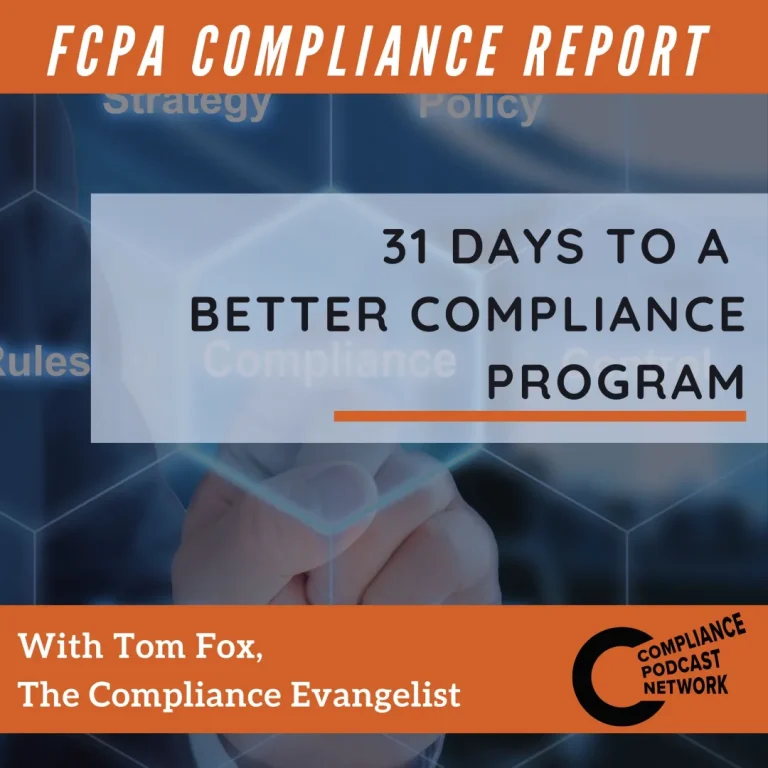The concept of privilege in an internal investigation is critical. Two important privileges are the attorney-client privilege and the work product privilege. Unfortunately, both are often misunderstood, miss-applied and consequently lost. To determine whether you have a valid privilege claim, it is incumbent to understand the parameters of the attorney-client privilege. In presentation, entitled “Attorney-Client Privilege ”, David E. Keltner, Kelly Hart & Hallman LLP, Elizabeth Brummett and Adrienne Parham, both from University of Texas Law School, wrote that under U.S. federal law, the attorney-client privilege applies when the following are present:
- A client is seeking legal advice or a lawyer’s services;
- The person to whom the communication is made is a lawyer or his or her representative;
- The communication relates to a fact disclosed from a client (a representative) to a lawyer (a representative);
- Strangers are not present;
- A client requires confidentiality.
In addition to the attorney-client privilege there is another privilege which can come into play around internal investigations. It is the attorney work-product doctrine. Keltner noted, “The attorney-client privilege and the attorney work-product doctrine are often asserted interchangeably. While there is some overlap between the two, the attorney-client privilege is significantly different than the attorney work-product doctrine.” Moreover as “codified in Fed R.Civ. P. 26(b)(3), [the attorney/work product] provides a qualified protection to materials prepared by party’s counsel or other representative in the anticipation of litigation.” The doctrine exists “because it permits lawyers to “work with a certain degree of privacy, free from unnecessary intrusion by opposing parties . . .””
Three key takeaways:
- Note the differences in the attorney-client privilege and attorney work-product doctrine.
- Both can be waived intentionally or through inadvertent conduct.
- Take care on attorney work-product outside the U.S., where there may be no privilege at all.



